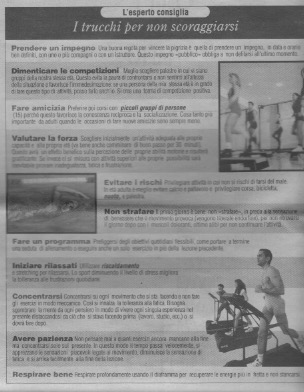In training intensity and persistence are the two aspects that most frequently determine the athletes’ mistakes. Many are satisfied to train good enough, without being aware that it is precisely this way of thinking is slowing down their improvement.
The performance quality cannot be manifested with a good enough commitment, this seems to me an aspect that young athletes often do not consider as decisive for their improvement. At the same time, coaches can also fall into this trap, when they do not consider commitment at the first place in their teaching strategies, because too focused on correcting the sport technique.
Robert Singer wrote that at the end every performance is determined by three factors, of which the last two are much less considered than the first:
- personal potential
- sincere commitment to practise, condition and improve oneself
- ability to do well under competitive stress
The latter two are in fact often explained in terms of natural skills or instinct and in this way they are less trained than the other skills. On the contrary, the experience of top athletes, by their own affirmation, has taught us that it takes years of intense and continuous dedication to achieve remarkable results.
The mantra of these top athletes is “try and try again”.
This does not happen because today’s young people are lazy! It happens because we think it’s just a matter of technical training and physical preparation and time. While the lack of improvement is interpreted in terms of a block that will go away at the first success, of parents putting pressure or lack of confidence.
It is infrequent to think that young athletes may be wrong because they do the exercises in training with the same mentality with which they do (or used to do) their homework. For them it is enough to do the exercise and they do not bother to prepare themselves to do it not only well but in the best way they are able. They just do it. For them this means being concentrated. By this I mean that they are not aware of how they have to prepare to do the best they can and they do not know what mental and motor skills they have to put in place to meet the demands of the task.
In general terms, they train without a personal purpose, rather with the only aim of meeting the needs of their coach. Without a personal goal, they will not be able to fully develop their skills as an athlete, but above all they will experience the misunderstanding that they are trying their hardest while it is not true.






